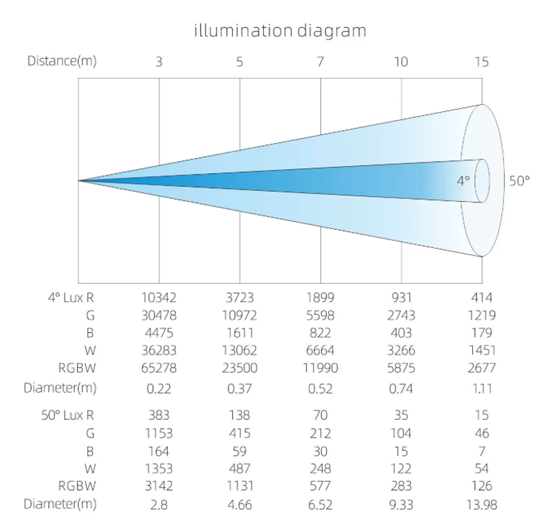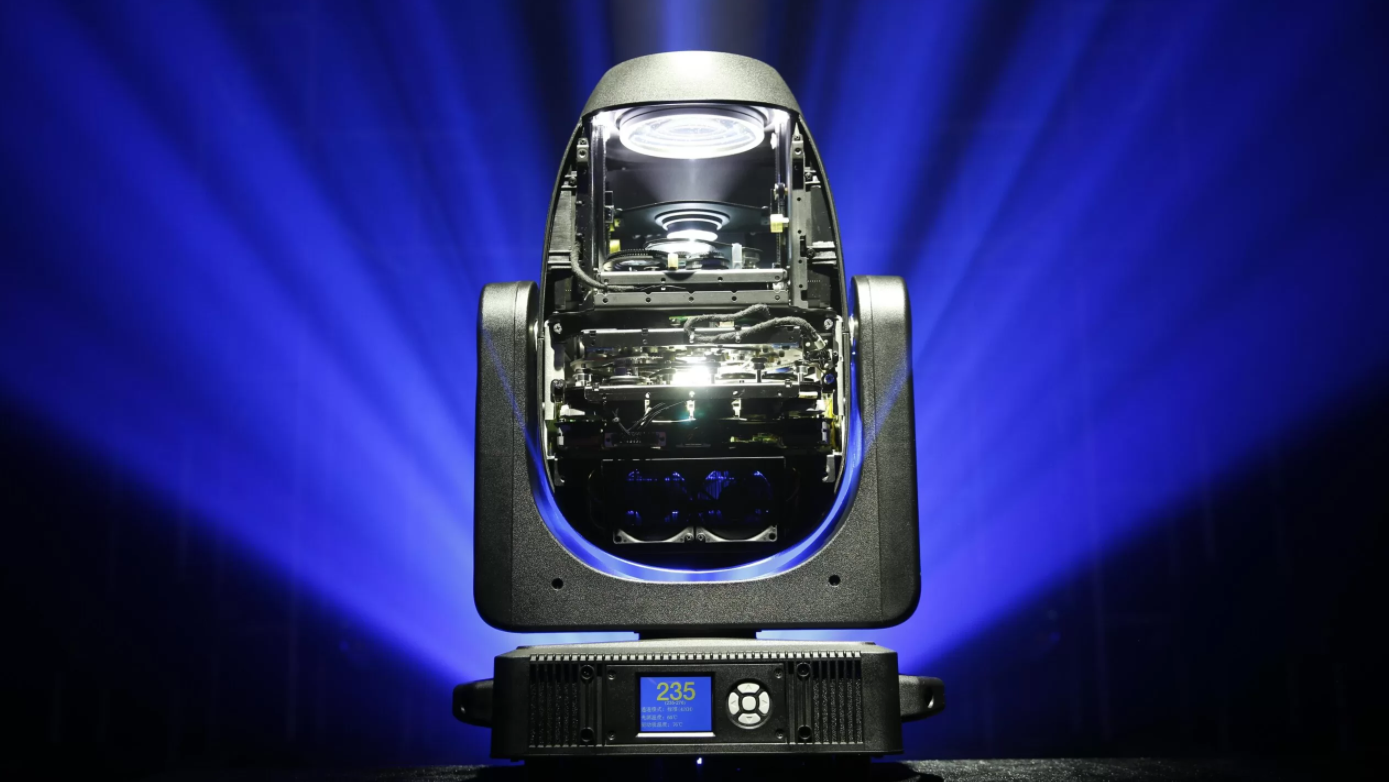Do Stage Lights Use Regular Light Bulbs? (Spoiler: Not Exactly!)
Ever wondered what kind of ‘light bulbs’ illuminate those dazzling concerts, captivating theatrical productions, or dynamic corporate events? It’s a common misconception that professional stage lighting simply employs larger versions of the bulbs found in your living room lamp. But the reality is far more complex and, frankly, fascinating.
To be honest, standard household illumination simply won’t cut it. The demands placed on stage lighting equipment are incredibly stringent, requiring specialized technology designed for precision, power, and performance.
In this blog post, we’ll delve deep into why regular light bulbs are a definitive “no-go” for professional stage lighting, exploring the specialized technologies, unique operational demands, and crucial safety reasons that set these powerful stage lighting fixtures apart.
To put it plainly: no, stage lights do not use regular light bulbs. While both generate light, their fundamental purposes, design, and capabilities diverge dramatically. Here’s a breakdown of the key differences:
Intensity and Brightness (Lumens)
Household bulbs are designed to provide ambient light for relatively small spaces. Stage lights, conversely, must cut through significant distances, illuminate large stages, and often overpower existing ambient light or sunlight. This demands an incredibly high lumen output, far exceeding what any standard bulb can produce.

Durability and Robustness
The lifespan of a stage light is often challenging. They endure constant vibrations, frequent movement, rapid temperature changes, and the rigors of touring. Standard bulbs are fragile in comparison, designed for static environments.
Precision Control (Dimming, Color, Beam)
This is perhaps the most significant difference. Stage lighting requires granular control over every aspect of light:
- Dimming: Not just on/off, but smooth, precise dimming curves from 0-100% without flickering or color shifts.
- Color: The ability to generate a vast spectrum of colors, either through gels (traditional) or sophisticated RGBW/RGBA mixing (modern LED spot light fixtures).
- Beam Angle and Focus: Creating sharply defined spots, wide washes, or intricate gobo projections requires advanced optics and precise focus mechanisms, something impossible with a diffuse household bulb.
Color Temperature Consistency
For visual consistency across a performance, maintaining a specific color temperature is vital, especially when mixing different types of fixtures or illuminating skin tones. Regular bulbs vary widely and inconsistently.
Safety
The high power draw and immense heat generated by professional stage lamps pose significant safety risks that standard bulbs are neither designed to mitigate nor handle.
The "Bulbs" of the Stage: Specialized Light Sources
So, if not regular bulbs, what powerful light sources reside within these sophisticated stage lighting fixtures? The industry has evolved significantly, but generally relies on these specialized lamps:
Incandescent and Halogen Lamps (The Traditional Workhorses)
Historically, incandescent and halogen lamps formed the backbone of theatrical lighting. These operate on the same principle as a household bulb – electricity heats a tungsten filament until it glows.
Halogen lamps, in particular, use a halogen gas cycle to prevent the tungsten from blackening the bulb, giving brighter, more efficient light with a longer lifespan than standard incandescent.
Discharge Lamps (Arc Lamps)
For applications demanding extreme brightness, such as followspots, moving lights, and powerful projectors, discharge lamps (often referred to as arc lamps) are employed.
Examples include HMI, MSR, and MSD lamps. These don’t have a filament; instead, light is generated by an electric arc passing through a pressurized gas mixture within a sealed quartz envelope.
LEDs (Light Emitting Diodes) – The Modern Standard
Light Emitting Diodes have revolutionized the stage lighting industry. These semiconductor devices produce light when an electric current passes through them.

Color Temperature Consistency
For visual consistency across a performance, maintaining a specific color temperature is vital, especially when mixing different types of fixtures or illuminating skin tones. Regular bulbs vary widely and inconsistently.
Safety
The high power draw and immense heat generated by professional stage lamps pose significant safety risks that standard bulbs are neither designed to mitigate nor handle.
Stage Lighting Technology Comparison
A direct comparison of Incandescent, Discharge, and LED lamps.
| Feature | Incandescent/Halogen | Discharge Lamps | LED |
|---|---|---|---|
| Light Output | Moderate to High | Extremely High | High to Very High |
| Energy Efficiency | Very Low | High | Very High |
| Lifespan | Short (hundreds of hours) | Moderate (thousands of hours) | Very Long (tens of thousands of hours) |
| Heat Output | Very High | High | Low |
| Dimming | Smooth, continuous, color shift at low levels | Difficult/Limited | Smooth, precise, no color shift |
| Color Control | Fixed; requires gels | Fixed; requires gels/wheels | Excellent (RGBW/RGBA mixing) |
| Re-strike Time | Instant | Long (requires cooling) | Instant |
| Pros | Warm, natural light Simple dimming | Immense brightness Consistent color | Energy efficient & long-lasting Low heat & robust Excellent color control |
| Cons | Inefficient & short life High heat Color shifts when dimmed | Requires ballast Long re-strike time Limited dimming Some UV output | Higher initial cost CRI can vary in cheaper models |
Looking for Professional Stage Lighting Solutions?
For businesses and production companies, understanding this distinction is crucial. Investing in professional-grade stage lighting equipment and partnering with experienced lighting professionals isn’t merely about aesthetics; it’s about ensuring the reliability, safety, and impactful visual communication essential for successful events, brand experiences, and artistic productions.
Then Elevate Your Vision with LiGHT SKY:
Visit LiGHT SKY for more innovative stage lighting gear and solutions. Discover how our advanced technology and expertise can help your business achieve breathtaking visual impact and deliver truly memorable experiences.










